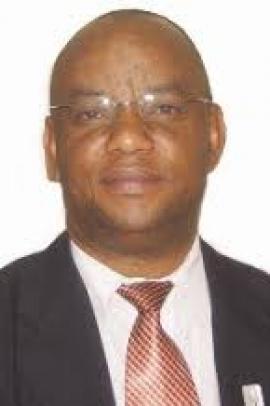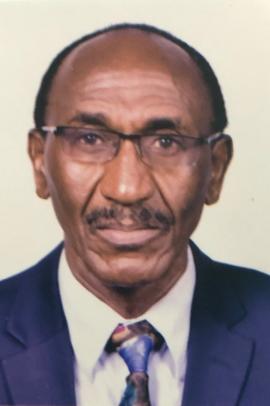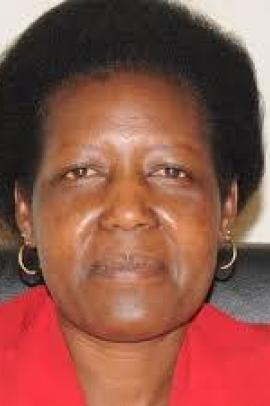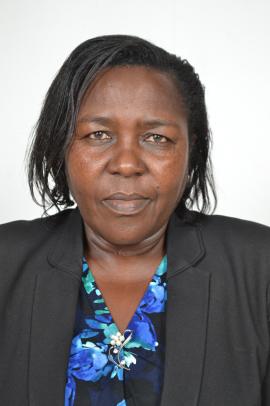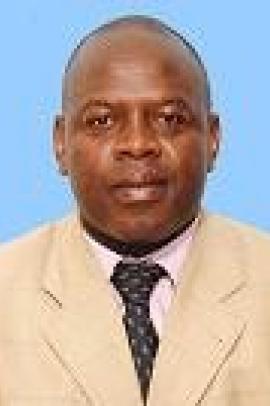Student Short Profile
Wanjiru Nderitu is a development professional with over decade years of extensive experience in providing technical assistance towards evidence-based Monitoring and evaluation application and capacity building on sustainable social-economic development and empowerment gaps. Her expertise in Projects Monitoring and Evaluation provides clients with guidance in developing organizational strategies by contextualizing project activities as stipulated in diverse project documents and customizing the methodological approaches that leads to execution of established developmental projects with validity, explicability and practical application. Wanjiru vaunts of demonstrated experience in supporting interventions that contribute towards improving the lives of youths and community through social–development empowerment initiatives, Environmental programs and climate change frameworks. She possesses a wide spectrum of experience in donor funding, budgeting and policy formulation, including formulation of Logical Framework Analysis (LFA); Performance Management Plans (PMPs); Results-Based Framework planning (RBM) and Social Research. She also Lectures and coordinates the Monitoring and Evaluation Programme at Postgraduate Level. Wanjiru is also proficient in other fields that are not limited to Project Management; Strategic Management; Risk and Quality Management subtleties and Environmental and climate change areas. She Participates in Monitoring and evaluation curriculum; Academia perspective both at the National and Regional (Africa) level through collaborative initiatives with Twende Mbele and CLEAR- Wits University South Africa (S.A) and belongs to several Volunteering organizations of Professional Experts (VOPES).

Thesis Title
Project Management Skills, Monitoring And Evaluation Practices And Performance Of Youth Environmental Projects: A Case Of Solid Waste Management Projects In Nairobi County, Kenya
Thesis Abstract
In Kenya, youth unemployment rate is on the rise despite government’s perennial youth interventions and funding. The purpose of the study was to determine how project management skills, monitoring and evaluation practices influenced performance of youth environmental projects in Nairobi County. The objectives of the study were to establish the effects of technical skills; financial management skills; leadership skills; Marketing skills; and monitoring and evaluation practices on performance of youth environmental projects; a case of Nairobi County. The study’s unit of analysis was 700 youth group members engaged in solid waste management in Nairobi County with a sample size of 248 youths. The findings of the study revealed among others that, technical skills (β=.624, t(247)=16.1,p≤.05); financial management skills (β=.72, t(247)= 9.7,p≤.05); M&E practices(β=.354,t(247)=3.13,p≤.05)and leadership skills β=.42, t(247)=5.3,p≤.05) significantly influenced performance of youth environmental projects. However, marketing skills (β= -0.024, t (247) = - 0.356, p =0.722) which had a negative relationship did not show any significant influence on performance of projects in the study area. Overall, the combined project management variables accounted for nearly 66 percent of the total variance in performance of youth environmental projects (R- square = 0.656). The findings established that 66 percent of the total variance is influenced by other culturally responsive monitoring and evaluation practices based on axiological philosophical paradigms increases performance within a project significantly. The study recommended policy actions by government to incorporate youths to learn project Monitoring and Evaluation skills under mentorship programs for effective project performance.
Research Supervisors
Prof. Dorothy Kyalo,
Dr. Angelina Mulwa, and
Dr. John Mbugua

